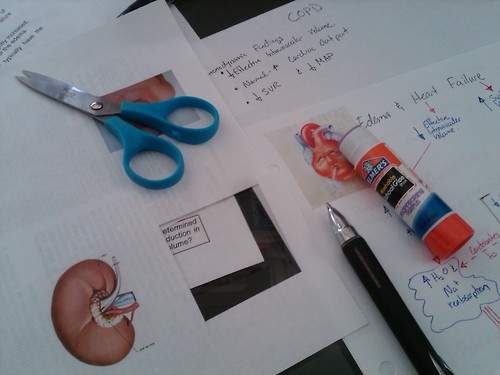Yesterday I had my Pathophysiology final exam. The policy is that as long as you pass the final with a 65%, then you pass the course. If you don’t get below 65% on the final, then they will average all the scores, with the final weighing 40% of your grade and the average must be above 65%
The test was 120 questions and we were given 5 hours. It started at 9:00 AM and we were given 60 questions and 2.5 hours to complete it. We had to come back at 1:00 PM for the second.
After the test my brain was a wreck. I couldn’t think and it was hard for me to get studying for the next exam (Pharmacology). Well the posted the scores later that night and I passed it.
Today I messaged mom on Yahoo:
Me: so i passed the hardest class in 2nd year
Mom: thank GOd
Yeah.. So I guess she was worried about it.







